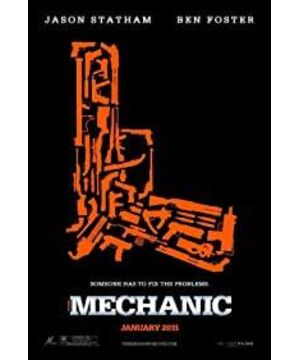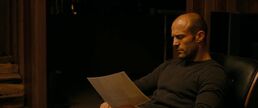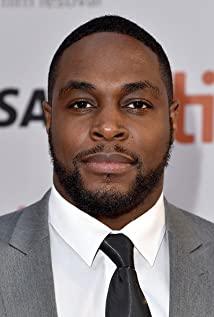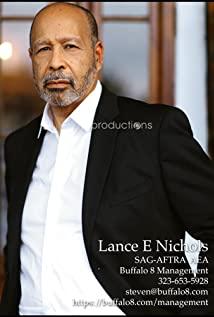This movie is actually quite deep, but many parts are too obscure, and you can't feel the depth if you don't understand it carefully; some parts are too old-fashioned to cater to the audience, otherwise this will be a very classic film .
1. When Arthur went to kill his old friend Harry, he actually left room for him. Instead of pointing a gun at him, he let Harry take out the gun calmly. This is actually asking Harry to choose: a explain clearly b kill Arthur c commit suicide d let Arthur kill himself
2. Why did Harry choose d? Can't explain clearly? The movie just said that he wanted to expose something, but as an old agent, why didn't he really expose something and didn't mention it to Arthur? I guess Harry wanted to blackmail his boss, but he felt disgraceful because he was forced by his boss first (from the fact that he had to create signs of shooting resistance at the fake death scene, it can be seen that he was very concerned about his reputation), Coupled with world-weariness (divorce, son's failure to study well, paralysis), he simply gave up.
3. Why did Arthur help Harry's son? It can be seen from Steve's drinking in his father's house, shooting indiscriminately, and killing car thieves on the street, he already has a strong tendency to self-destruct. If he doesn't help him, he will basically live soon. Guilt, so I took him in.
4. Steve's love for Arthur: In the bar, after Arthur went to have a good relationship with his old friend, Steve fell into a very depressed mood, drinking cup by cup, and later, although he also found a woman, he was like Is to deal with the general. Steve also often jokes about Arthur, like do you want me to kill him or OOXX him? Are we going to buy a double bed? But Arthur had no such idea at all, and the seduction failed.
5. It stands to reason that the big Boss should reveal his father-killer to Steve after Arthur finds out the truth, in order to break up their cooperation, but there is no explanation in the film, he just kills his father with a pistol, which is a bit nonsensical. hatred. But Steve still tried his best to kill the big boss with Arthur first, and then kill Arthur. This should be the big boss who said to Steve first: "It was my order, but Arthur moved his hand." It's just right to sow discord.
6. In the end, Arthur still left room, he did not strike first, nor did he fight back, but just buried two foreshadowings. In the record, you need to press a small button on the lower left before you can use it. This is generally used to control the sound quality of the audio, which can be pressed or not. One is the bomb on the car, and it is estimated that it must be operated according to a certain program. trigger. From the note on the car, it was laid before seeing Steve with the gun, so the gun wasn't the point. So Steve killed Arthur, he just pretended to die, Steve had to play the record player, drive a sports car, that is, no zuo no die.
7. Why is it so ruthless to kill the father and kill the son? This is very unpleasant and very unpolitically correct. According to Disney's routine, no matter how bad the enemy is, the protagonist must forgive him. Here is a very cold but very real logic: I can pull you, but you are threatening me now, although I don't take the initiative to attack, but you deserve to fall into the pit yourself. You are the son of an old friend, but I don't really owe you anything, I love my life more.
8. Arthur is calm, mechanical, kills the target with the least cost, the least impact, killing is just work. Steve is enjoying it, venting his inexplicable anger with killing, not paying attention to plans, not paying attention to details, and not obeying authority. Such a person can only be a thug, a tool, an abandoned son, and never a partner, so in the end, Arthur didn't agree with Steve about killing his father, and also meant to get rid of the pig teammates deliberately.
It's a pity that Mechanic 2 completely subverted the character of this rational killer and turned into a good person, but it must be pleasing to the audience.
View more about The Mechanic reviews











